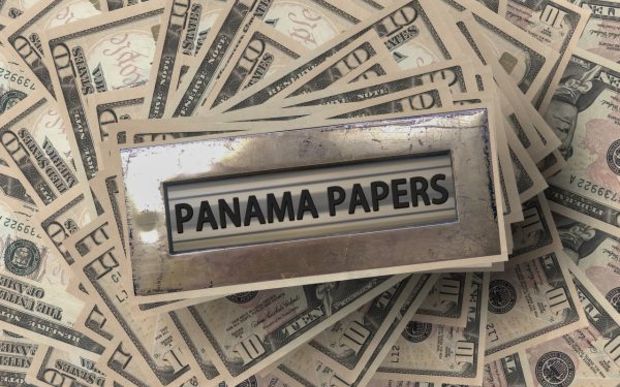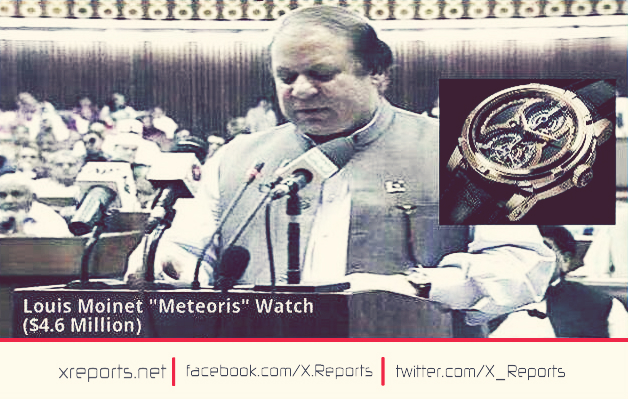Panamagate: Not A Historic Decision For Sure
Sorry to say but the short order announced in the Panama case today (on 20 April 2017) by the Supreme Court of Pakistan does not seem like a historic decision at all, I find it to be a less than average decision which shall not serve as a useful and leading precedent in the years to come. I have no interest in reading some 500 pages of academic debate and sophisticated legal discussion when the end result (i.e. the Prime Minister not being liable to be disqualified) is zero – absolutely flawed.
It is quite disappointing to see the apex court employing judicial restraint while judicially reviewing the alleged concealment of properties, evasion of tax, benami transactions, money laundering by the Prime Minister and most importantly his eligibility to sit in Parliament. This matter could have become a landmark decision, if at all, if it involved accountability of the powerful leader who did not consider himself to be a servant of the public but a badshah salamat and ameer-ul-momineen. I am only interested in reading the minority view of the honourable Justices Asif Saeed Khan Khosa J and Gulzar Ahmed J which held otherwise.
There is a famous proverb in Urdu “kya achar dalna hai?” said in the context of unnecessary, unimportant and petty things. I would like to use it in the factual syntax of the constitution of Joint Investigation Team (JIT) by the Supreme Court of Pakistan. What are we going to do with this JIT when the accused is still sitting as the Prime Minister of Pakistan? What good is this JIT to the general public of Pakistan that had all eyes fixated on the Supreme Court to finally uphold the maxim “no one is above the rule of law” by making PM accountable for his actions?
There is a “real apprehension of bias” against this so-called JIT in the absence of PM’s resignation. No matter how bright the members of this JIT are, it is beyond reasonable doubt that this JIT cannot perform its functions impartially, fearlessly, properly or independently. Who has the courage to find anything against the head of state? The influence of the mighty mafia will dominate. The members of the JIT are either employees of the federal government or fall under its jurisdiction in some way or the other. The real apprehension of JIT being institutionally biased has been created by the Supreme Court of Pakistan itself when it could have safeguarded the independence of judiciary in order to maintain the confidence of general public in the judiciary and the rule of law.
It seems that the backward people of this backward country will have to wait some more for its backward judiciary to finally hold that nobody is above the law, that the powerful and the weak are equal in the eyes of law, that the representatives of people are answerable to the general public, and finally that even the Prime Minister is accountable. The majority view has made Articles 62 and 63 of the Constitution redundant by failing to disqualify the Prime Minister when there were overwhelming and clear pieces of evidence proving that the Prime Minister lied in the Assembly and adopted inconsistent stances to escape the liability, which does not make him sadiq and ameen. It is well-settled that redundancy cannot be attributed to any provision of the Constitution but frankly, the majority view has made qualifications and disqualification provided in the Constitution redundant. Thus the ruling goes not only against the country but also against the intention of the framers of the Constitution.
The founding fathers of the country and our ancestors did not struggle for an independent country to promote slavery, dishonesty, nepotism, bigotry and corruption. We are an independent nation, we are all equal and our leaders are not above the law. Maybe only the minority view understood this clearly.
The views expressed in this article are those of the author and do not necessarily represent the views of CourtingTheLaw.com or any organization with which he might be associated.






